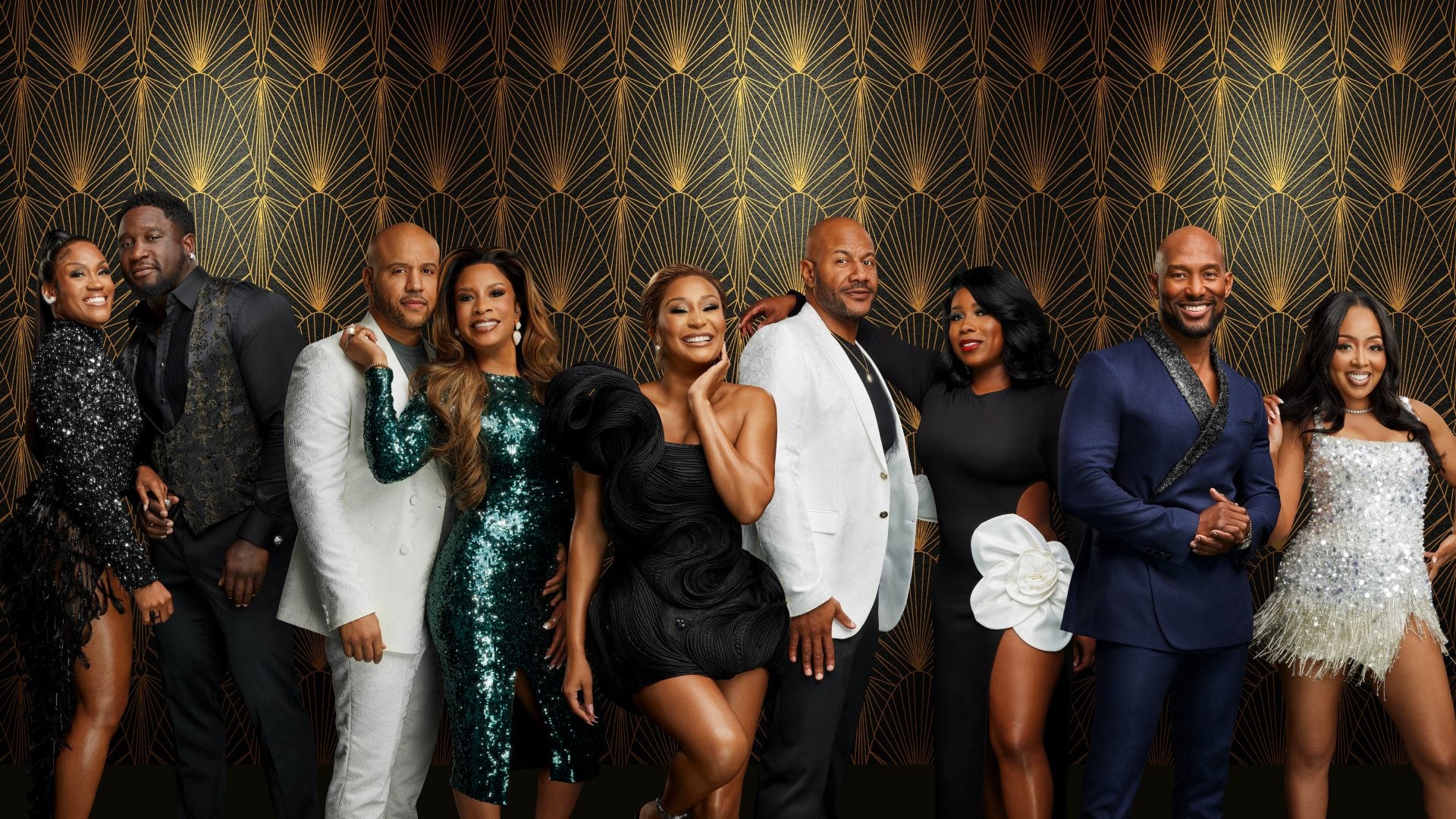Blitz News Digest
Stay updated with the latest trends and insights.
Reality TV: Where Drama Meets Real Life
Dive into the world of Reality TV: where outrageous drama collides with real life. Discover the secrets behind your favorite shows!
The Evolution of Reality TV: From Candid Cameras to Scripted Drama
The evolution of reality TV has been a fascinating journey, beginning with the simplicity of shows like Candid Camera in the 1940s, where unsuspecting people were caught in humorous situations. This groundbreaking series paved the way for a new genre, intertwining authenticity with entertainment. As the decades progressed, reality television expanded to include various formats, such as competitive cooking shows, lifestyle transformations, and even dating experiments. The cultural impact of these early programs set the stage for the diverse landscape of reality TV we see today, characterized by its ability to engage viewers on multiple levels.
Today, the genre has transitioned into what many recognize as scripted drama, where producers carefully curate narratives to heighten drama and viewer engagement. Shows like Keeping Up with the Kardashians and The Real World have blurred the lines, blending reality with scripted elements, leading to criticism regarding their authenticity. Despite this, the popularity of the format has only grown, with networks continuing to produce new iterations aimed at capturing audience attention. As reality TV continues to evolve, it remains clear that its influence on modern entertainment is profound, shaping how we consume and define 'reality' in a mediated world.

Behind the Scenes: How Producers Shape Reality TV Narratives
Behind the scenes of reality TV, producers wield significant influence over the narrative arcs and character portrayals that shape the viewer's experience. Through careful selection of cast members and strategic editing, they construct a storyline that not only captivates the audience but also elevates the show's entertainment value. For instance, producers often curate memorable moments by highlighting specific interactions, leading to dramatic tension and emotional highs that keep viewers hooked. This practice raises questions about the authenticity of what is presented, as the emphasis on drama and conflict often overshadows the genuine experiences of the participants.
Moreover, the role of producers extends beyond mere editing; they actively engage with the cast to drive conflict and enhance narrative depth. By providing guidelines and setting up scenarios, producers ensure that episodes align with the overarching themes and maintain viewer interest. These orchestrated situations can range from planned challenges to impromptu heart-to-heart conversations, all designed to foster connection or rivalry among participants. As a result, the line between reality and scripted drama blurs, making it essential for audiences to recognize the complex dynamics at play in shaping their favorite shows.
Do Reality Shows Reflect Real Life or Create Their Own Drama?
Reality shows have become a staple in modern entertainment, captivating audiences with their raw and unscripted portrayals of life. However, the question remains: do these programs truly reflect real life, or do they create their own drama? On one hand, reality shows often feature relatable scenarios, such as family conflicts, romantic entanglements, and everyday challenges that many viewers experience. This authenticity can foster a sense of connection, making audiences feel like they are witnessing genuine interactions. On the other hand, producers frequently manipulate situations, editing footage to heighten tensions or crafting storylines that prioritize entertainment over realism.
Moreover, the drama presented in reality television often seems exaggerated, with cast members playing up their personalities to engage viewers. As a result, while reality shows may draw inspiration from real-life situations, the portrayal can be skewed to create more sensational conflicts and dramatic moments. Many critics argue that this misrepresentation can shape public perceptions of reality, leading audiences to believe that such dramatic events are more common than they truly are. In essence, while reality shows may reflect certain aspects of life, they predominantly craft a narrative that emphasizes entertainment, often blurring the lines between reality and scripted drama.